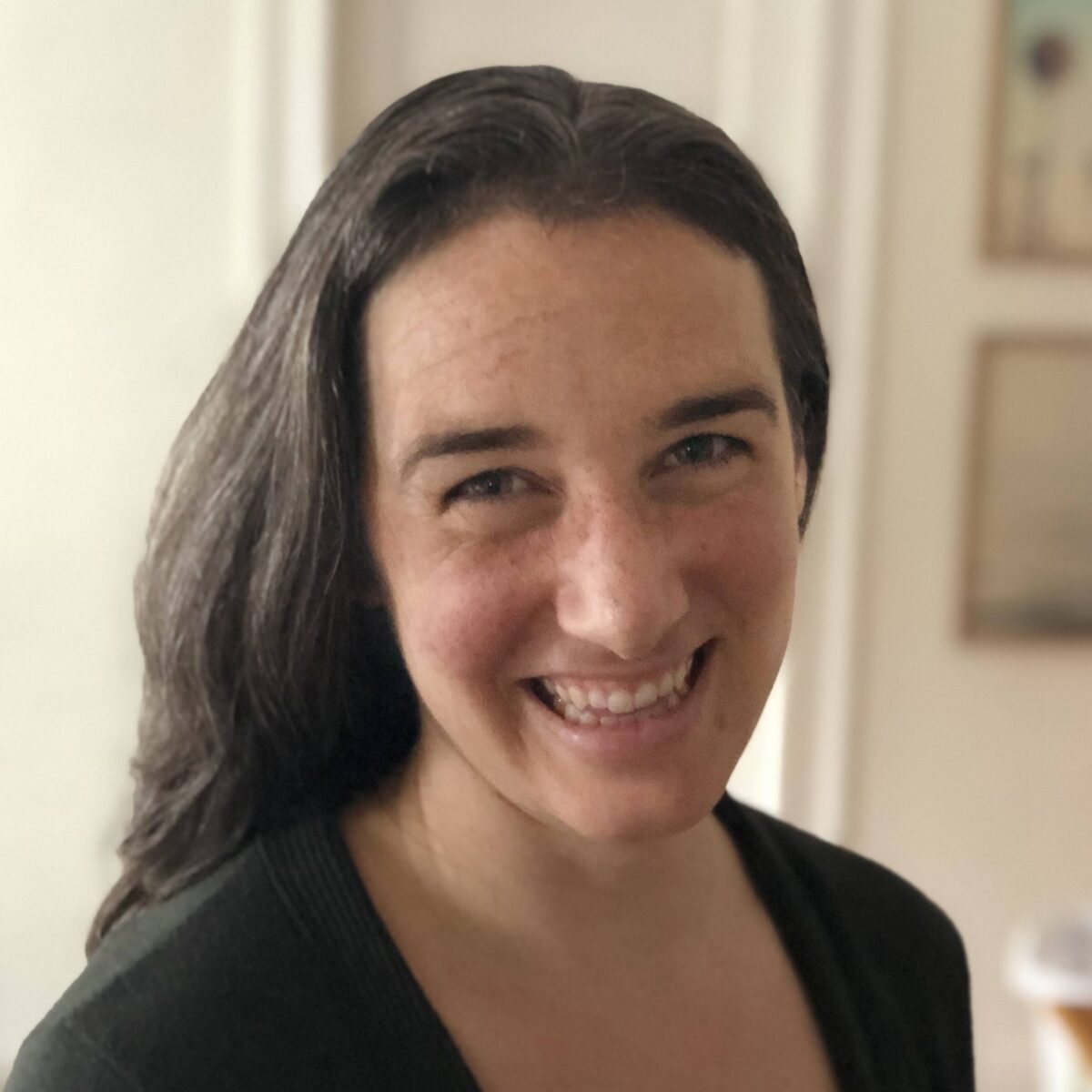Brianna Keefe-Oates, PhD ‘23 is a fifth-year PhD candidate in Population Health Sciences in the Social and Behavioral Sciences department. She studies how policies and community-based activism can influence inequities in access to reproductive health services and health outcomes, especially during the pregnancy and postpartum periods. Her current research focuses on understanding changes in abortion care access and quality when governmental policies are enacted in Argentina and the US, and how parental leave impacts postpartum care attendance in the US. Brianna received the Rose Service Learning Fellowship this summer to develop a comprehensive plan to disseminate findings from a study she is conducting with the feminist collective, La Revuelta Colectiva Feminista in Neuquen, Argentina. The project seeks to understand how people are making decisions about abortion care under Argentina’s new abortion law which legalized abortion through 14 weeks of pregnancy.
Congratulations on your Rose Service Learning Fellowship! Could you tell us more about your project working with La Revuelta Colectiva Feminista ?
Thanks! La Revuelta Colectiva Feminista is a feminist collective who supports and advocates for people seeking abortion care. Since 2012, they have provided emotional and informational support to people seeking abortions. This model, called accompaniment, ensures that people know how to safely use medications for abortion outside of a clinical setting, and supports them via in-person and telephone support throughout their abortion process. After the abortion law was passed in 2020 in Argentina, I partnered with La Revuelta and Ibis Reproductive Health to conduct a survey to understand people’s motivations for calling La Revuelta for support – were they still interested in seeking care through La Revuelta, outside the clinical setting, even though abortion was now legal in the health systems? Or were they seeking accompaniment from La Revuelta while also going through the health system? What did they know about the law and what were their experiences seeking care? We conducted a survey of people calling the La Revuelta hotline. With the support of the Rose Service Learning Fellowship, we created a dissemination plan to share the results with service providers, policymakers, and other activists, which we are in the process of doing now.
Why should people care about more equitable access to pregnancy and postpartum healthcare services?
First and foremost, this is a Reproductive Justice issue. The Reproductive Justice framework was developed by Black feminists in the early 1990s, and is defined by the organization Sistersong as the ‘human right to maintain personal bodily autonomy, have children, not have children, and parent them in safe and sustainable communities.’ The ability to access pregnancy, abortion, and postpartum care is a contributor, but certainly not the only determinant, to ensuring people are able to exercise these rights. From a public health perspective, access to high-quality services in the pregnancy and postpartum periods, which are critical physiological periods, can make an enormous difference to people’s short- and long-term mental and physical health. There are currently stark inequities throughout the globe in access to this care, and these inequities negatively affect people’s ability to stay healthy, mentally and physically, during and after these critical periods. At the same time, some governments and many community-based providers and activists are working so hard to improve access, especially for those who have been systematically denied this access. It’s so important we work to learn which interventions and policies are most effective in improving this access and support those who are improving access.
You have discovered a time-bending communication device that has enough power to send a brief message to yourself when you were a first-year doctoral student. What advice would you send?
Seek out mentorship and collaboration with people across Harvard – students, staff, and faculty. There are so many people who work in interdisciplinary capacities, are amazing resources and have provided me a lot of support. I’ve been grateful for the connections I’ve made, and there are so many others I wish I could have connected with!
What is your dream job?
I’m currently applying to jobs so am thinking about this a lot. I hope to find a position working as a professor at a college or university, splitting my time between teaching and research. I appreciate the academic environment for the freedom to pursue topics that interest me, and I enjoy and learn so much from teaching.




